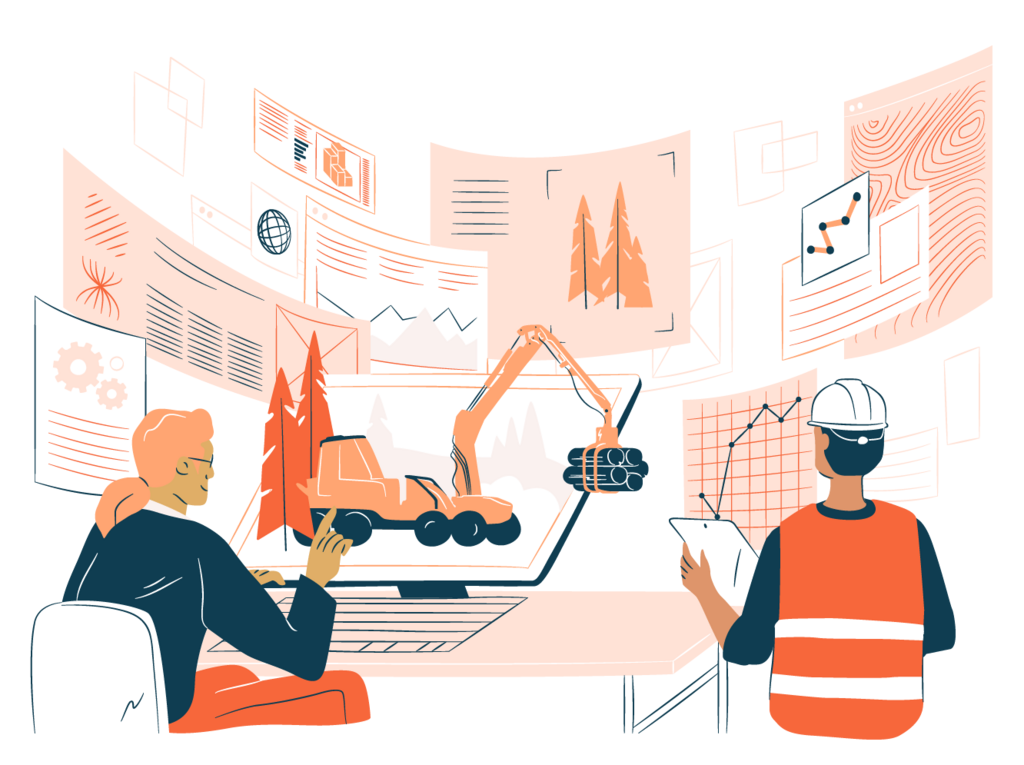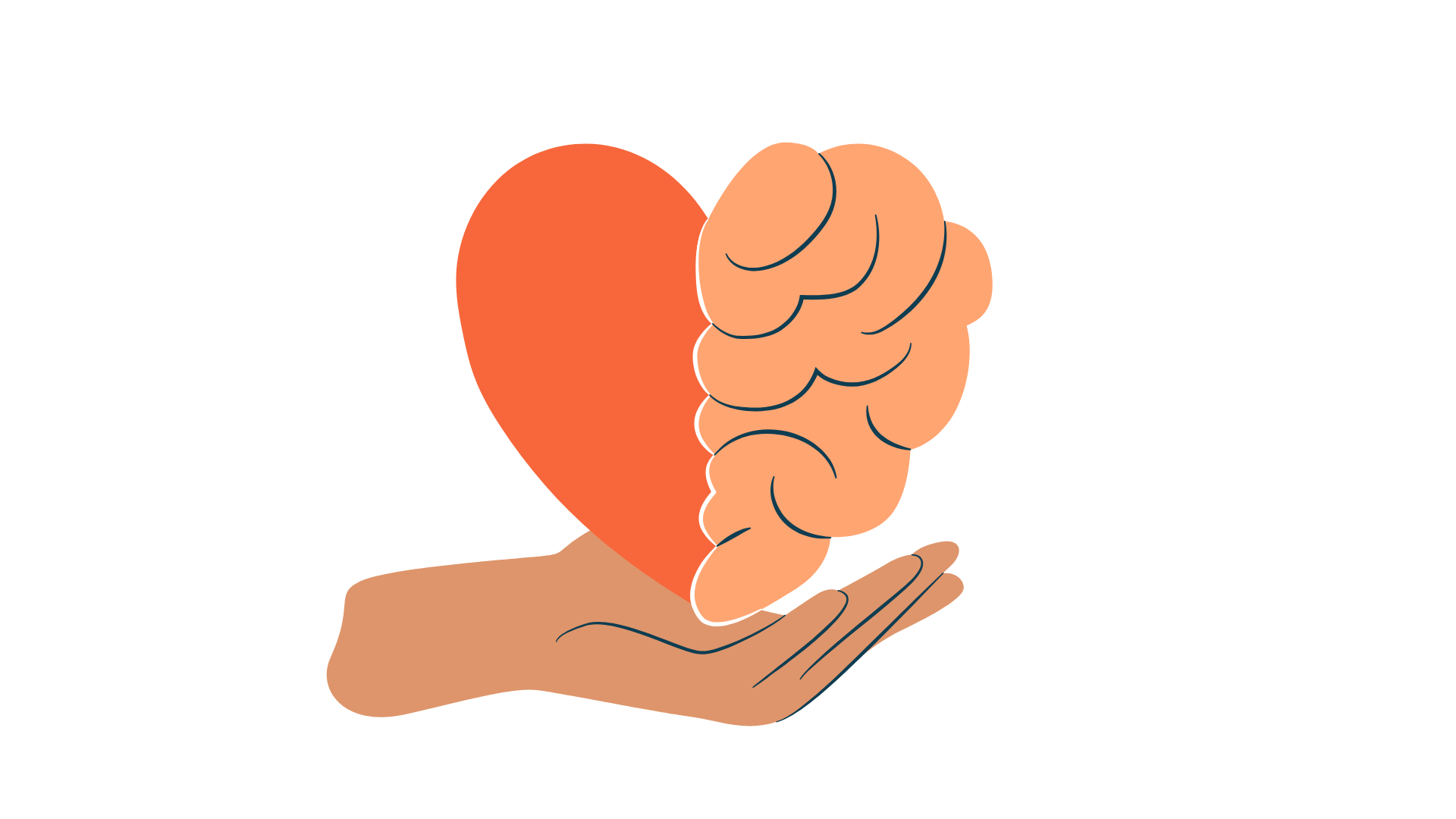At Gofore we encourage each other to constantly experiment on anything new. AI applications have a huge impact already and we’re only at the begininning. In experiments, it’s very important to respect client privacy, fact check and keep Gofore’s ethical guidelines in mind as much as in our other processes.
1. Discuss the use of artificial intelligence with other professionals and gather information on different use cases
The hype is currently huge and new applications are being published on daily basis. Share your experiences and learn from others. It might be difficult to find “official” information, recommendations or policy.
2. Keep in mind that artificial intelligence can process and distribute copyrighted information, so be aware of copyright issues
In most cases, whatever you’ll receive from a bot is based on somebody else’s work. By the time of writing this post, there is no clear consensus on copyright regarding AI output.
3. Remember that assisting artificial intelligence does not mean that it completely replaces human work
Artificial intelligence is not entirely error-free and may produce incorrect information. Be careful about the questions you ask artificial intelligence in order to get the necessary and appropriate response. AI can hallucinate very convincing responses even when there is no facts to base them on.
4. Use artificial intelligence inclusively and promote diversity
Refer to Gofore’s Ethical Design booklet. AI:s answers might include the same bias and distortions as the material it was trained on.
5. Monitor the use of artificial intelligence and regularly assess its impact
The OpenAI company is becoming less and less open. While we can greatly benefit of using their products, we have to stay aware of how much its output affects our work. ChatGPT for example doesn’t know what is right or wrong; cannot tell fact from fiction – every sentence has the same importance. It simply predicts, what word might most probably appear next in the given context.
6. Be aware of what material the model in use was trained on
OpenAI is sharing some information about its models: GPT-3 was trained on material up to Oct 2019, GPT-3.5 models on material up to Jun 2021, and GPT-4 models on material up to Sep 2021. Not all applications share the information and it can be risky. Use methods of fact checking and reviewing to avoid spreading misinformation and violating copyright.
7. Use artificial intelligence as an assistant, but do not let it replace human decision-making
Many workflows contain parts that can be done more effectively using an AI assistant. For effective results, it’s still necessary to design great innovative concepts for new services and applications. Pay attention to which things AI thinks are important – they might differ from your views. AI doesn’t “know” anything and only suggests its answers based on the material or conversation you recently had.
8. Discuss the use of artificial intelligence with customers and consider their opinions
Be open about how you’re planning to use client data. Sensitive data should not be sent to third party servers.
9. Recognize that the use of artificial intelligence is constantly evolving, so be prepared to update your practices and guidelines as needed
You can still be as creative as you can ever be. Let AI assistants do boring, repetitive tasks for you, use it to analyze large amounts of data. Use it to get basic ideas in your workflow. Use it to check what knowledge the world currently has about something.



